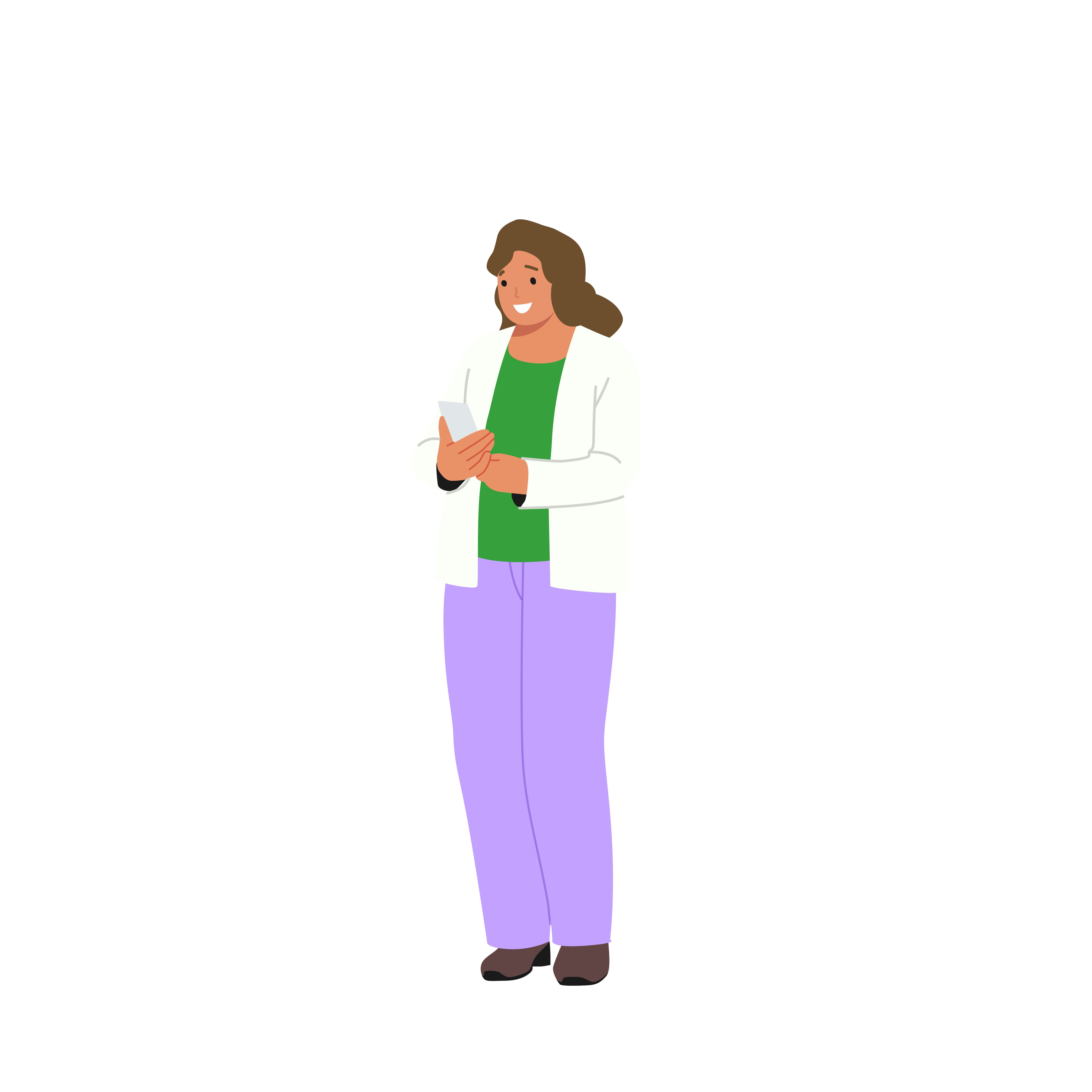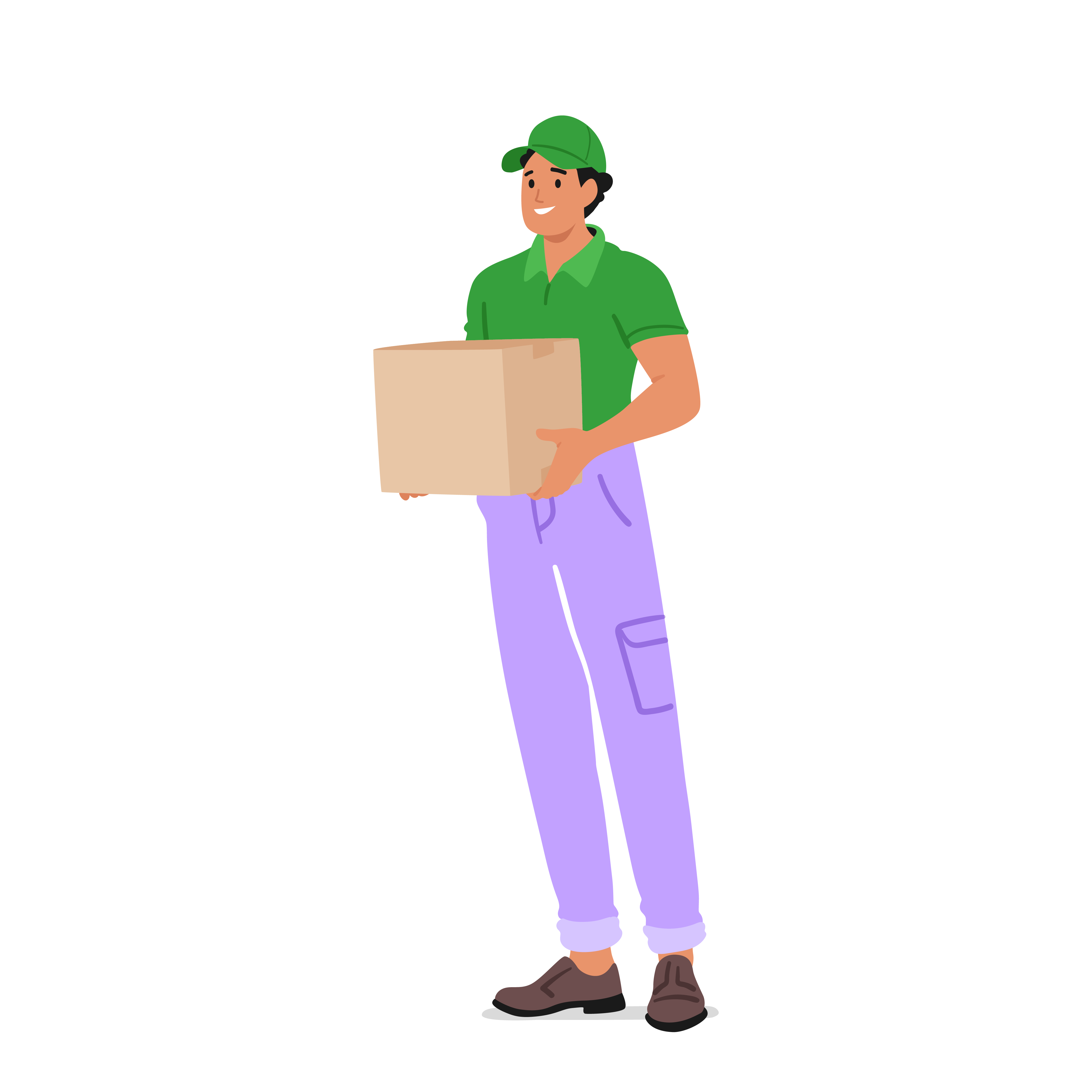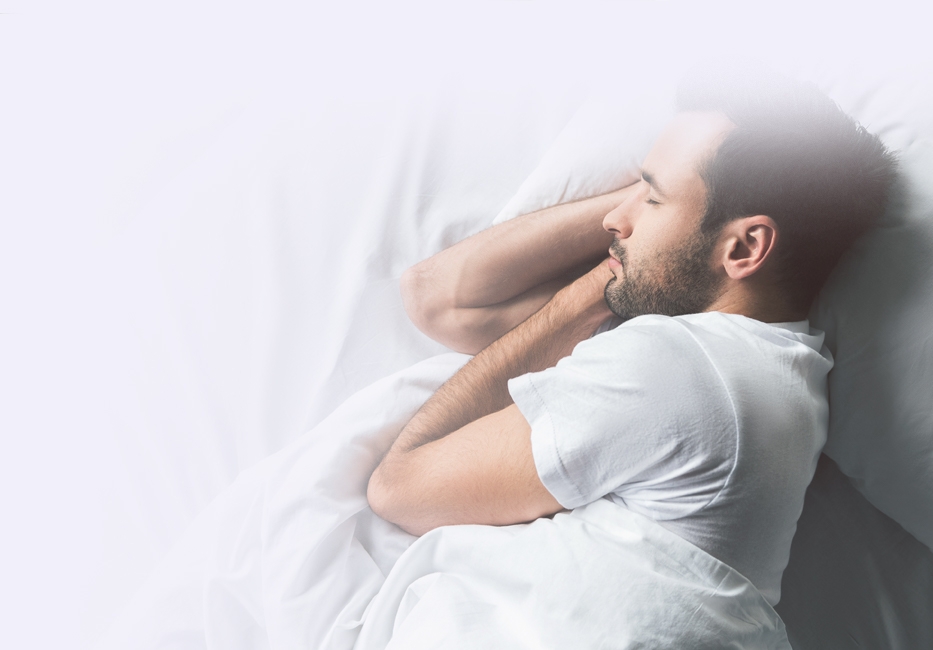- Home
- General Health
- Sleeping Tablets
Sleeping Tablets
Insomnia is a sleep disorder that can make falling asleep difficult, leave you experiencing a low quality of sleep, make you wake up much earlier than you need to or leave you unable to get back to sleep after randomly waking up during the night.
Short-term insomnia is quite common in adults, often lasting for several days or weeks. Usually caused by stress or a traumatic event, it will eventually pass. However, some people do suffer from long-term insomnia that can last for a month or even longer.
You shouldn’t have to put up with sleepless nights - a sleeping pill / sleeping tablet are prescription drugs that can help if advised by your healthcare professional. At EU Meds, we have effective insomnia treatments to help you sleep like a baby.
More Information
Buy Sleeping Pills Online
Can you buy sleeping tablets over the counter?
There are two types of sleeping medicine, prescription and non-prescription. You can buy both types here on EU Meds. If you don't have a prescription, our online doctor service may be able to help you obtain the medication you need.
Sleep Tablets UK
The following are our prescribed sleep medicines:
Non-Prescription Sleep Medication
The following are sleep medicines we sell which do not require a prescription:
- Nytol One-A-Night
- Nytol Herbal Tablets
Where can you buy sleeping pills online?
You can get sleeping pills from EU Meds, with overnight shipping most of the week. If you prefer to order your medications online instead of visiting your local pharmacist, EU Meds is a great option. If you need prescription strength sleeping medication, we can fill your prescription online or assist you in getting one with our online doctor service.
EU Meds offers prescription strength medication, such as zolpidem and zopiclone which can break the cycle of insomnia into a more routine pattern of sleep. A prescription is required for these medicines, and there are potential side effects, including daytime drowsiness, dizziness and potential addiction. If you feel that you need stronger prescription pain medicine, but you don't have a prescription, the EU Meds online doctor service can assist you in obtaining one.
Where can you buy sleep tablets in the UK?
Buy Sleeping Tablets Online UK
You can purchase the best sleeping pills here at EU Meds. We offer overnight shipping most days of the week. You will be able to determine as you check out when your order will arrive. If you don't have a prescription for sleeping medication, our online doctor service can help you determine if prescription sleep medication is right for you.
What are sleeping tablets?
Sleeping tablets are a medication which allow people to sleep when they experience a sleep problem such as insomnia. Sleeping pills UK can be purchased from online pharmacies if you have a prescription. The online doctor's service at EU Meds can help you obtain a prescription if you do not already have one.
Google Web Story: Prescription Sleeping Pills Explained
This helpful EU Meds Google Web Story answers the common questions that patients ask about sleeping pills to help you to understand which sleeping tablet is best for you:
Video: How do sleeping tablets work?
In the video below Dr. Tracey Marks, explains the science behind how sleeping tablets work to help put a patient to sleep:
What are sleeping aids used for?
Sleeping aids are a type of prescription medicine used to help people go to sleep more easily. They act by working on receptors in the brain to slow down the nervous system. People use sleep medication when they are having difficulty sleeping, such as experiencing bouts of moderate to severe insomnia. Examples include Zolpidem (Ambien) and Zimovane.
What are the benefits of using sleeping pills?
Sleeping pills allow you to go to sleep more easily. They are a prescription medication that your doctor or healthcare provider may recommend if a patient is having difficulty getting to sleep. They are referred to as, sleeping tablets, sleep aids, sleep medicine, sedatives or hypnotics.
Why would someone use sleeping tablets?
Having trouble sleeping can be caused by a number of reasons. Sleeping medication can be used in the treatment of insomnia to help you fall asleep quicker and to reduce the chance of waking up in the night.
Around one in three people suffer from mild insomnia. The consequences of insomnia can be serious, increasing your risks of diabetes, obesity, depression, heart attack and even stroke. Insomnia can be a symptom of other ailments. If you are experiencing depression, increased anxiety or chronic pain, its not difficult to see how this can cause a lack of sleep.
While over the counter sleep medicine can be helpful, most of them are based on antihistamines, and these can become less effective the more you take them. In each case, different medications may be more effective than sleeping pills in resolving the underlying cause of your insomnia. Consult with your doctor to determine the best treatment for your specific situation.
What is insomnia?
According to the NHS, one in every three people in the UK suffer from insomnia, particularly the elderly. Insomnia is defined as 'difficulty getting to sleep or staying asleep for long enough to feel refreshed the next morning' but can be improved by changing your sleeping habits.
The NHS have put together a useful checklist of symptoms to allow you to check if you may have insomnia:
NHS Insomnia Checklist
| Action | Description of Insomnia Symptom |
|---|---|
| Trying to go to sleep | You find it hard to go to sleep |
| Waking up during the night | You find yourself waking up at night repeatedly |
| Laying awake at night | You lay awake at night when trying to sleep |
| Waking up earlier than planned | You find yourself regularly waking up earlier than you plan to |
| Feeling tired after waking up | You wake up but still experience tiredness |
| Unable to nap in the day even when tired | You try to take a nap but cannot do so successfully |
| Tiredness and irritability during the day | You are regularly tired and easily irritable |
| Lack of concentration during the day | You can't concentrate during the day |
If you feel that you may have insomnia you should speak to your doctor or healthcare professional as soon as possible.
What are the different types of insomnia?
There is more than one type of insomnia including acute insomnia (a short-term bout of difficulty sleeping, typically caused by stress, lasting less than 3 months and can be resolved on it's own) and chronic insomnia (a long term bout of difficulty sleeping that has been experienced for over 3 months and can be caused by stress, poor sleep hygiene, an irregular sleep cycle or sleep pattern, underlying physical problems, underlying neurological problems, a partner, persistent nightmares, mental health disorders, general health conditions such as sleep apnea, diabetes, depression, anxiety and other sleep disorders).
What are the different types of sleeping tablets?
Sedative Hypnotics
There are several different types of prescription sleeping pills, classified as sedative hypnotics, due to sedative effect properties. In general, these medications act by working on receptors in the brain to slow down the nervous system. Most sleep medications are classified as 'sedative hypnotics', a specific class of drugs used to induce and/or maintain rest. Some medications are used more for inducing sleep, while others are used for staying asleep, for example, Ambien, the branded version of generic Zolpidem.
Sedative hypnotics include benzodiazepines, barbiturates, and various hypnotics. Benzodiazepines such as Xanax, Valium, Ativan, and Librium are anti-anxiety medications.
Sleeping pills & minor tranquilisers currently available in the UK
Below is a list of sleeping pills and minor tranquillisers that are currently available in the United Kingdom:
- alprazolam
- Alzain (pregabalin)
- Ativan (lorazepam)
- buspirone
- chloral/cloral
- chlordiazepoxide
- Circadin (melatonin)
- clomethiazole
- Dalmane (flurazepam)
- Dialar (diazepam)
- Diazemuls (diazepam)
- diazepam
- Diazepam Desitin (diazepam)
- Diazepam Rectubes (diazepam)
- diphenhydramine
- Dormagen (lormetazepam)
- Dormonoct (loprazolam)
- flurazepam
- Heminevrin (clomethiazole)
- Lecaent (pregabalin)
- Librium (chlordiazepoxide)
- loprazolam
- lorazepam
- lormetazepam
- Lyrica (pregabalin)
- melatonin
- meprobamate
- Mogadon (nitrazepam)
- nitrazepam
- Nytol (diphenhydramine)
- oxazepam
- Phenergan (promethiazine)
- promethazine
- Rewisca (pregabalin)
- Rimapam (diazepam)
- Sleep Aid (diphenhydramine)
- Sleepeaze (diphenhydramine)
- Sominex (promethazine)
- Stesolid (diazepam)
- Stilnoct (zolpidem)
- temazepam
- Tensium (diazepam)
- Welldorm (chloral)
- Xanax (alprazolam)
- Zimovane (zopiclone)
- zolpidem
- zopiclone
Which type of sleeping medication is right for me?
There are many different classes and brands of sleeping medicine. Your doctor will suggest the one he or she feels will best work for you based on the cause and length of time you have been having trouble sleeping, as well as the specific type of insomnia you are experiencing. Your doctor will also take into consideration any other general health conditions you may have, or medications you are taking. Commonly used sleeping pills include:
- Ambien®, Ambien® CR (zolpidem tartrate)
- Dalmane® (flurazepam hydrochloride)
- Halcion® (triazolam)
- Lunesta® (eszopiclone)
- Prosom® (estazolam)
- Restoril® (temazepam)
- Rozerem® (ramelteon)
- Silenor® (doxepin)
- Sonata® (zaleplon)
- Desyrel® (trazodone)
- Belsomra® (suvorexant)
- Over-the-counter sleeping pills (including antihistamines, melatonin, a herbal remedy, and others)
Are there any natural ways to improve sleep disorders?
You may be able to improve sleep disorders naturally, without the use of medication, treatment options including improving your sleep hygiene and via therapy, such cognitive behavioral therapy (CBT).
Video: How to get more sleep without taking medication
This helpful video by Abraham The Pharmacist, provides a helpful overview of how an insomniac can get more sleep and improve their sleep quality without the need to take medication:
How can you improve your sleep hygiene?Sleep Hygiene Best Practice
1. Establish fixed times for going to bed and waking up (and avoid sleeping in after a poor night's sleep)
2. Try to relax before going to bed.
3. Maintain a comfortable sleeping environment: not too hot, cold, noisy, or bright.
4. Avoid napping during the day.
5. Avoid caffeine, nicotine, and alcohol within 6 hours of going to bed. Consider complete elimination of caffeine from the diet.
6. Avoid exercise within 4 hours of bedtime (although exercise earlier in the day is beneficial).
7. Avoid eating a heavy meal late at night.
8. Avoid watching or checking the clock throughout the night.
9. Only use the bedroom for sleep and sexual activity.
What is CBT for insomnia?Cognitive Behavioural Therapy for Insomnia
Cognitive behavioural therapy (CBT) is a set of techniques that assists people in changing negative thoughts and behaviours, to help them overcomes issues. In the case of insomnia, this works by helping people to work out the root of their sleeping problems and change their ways to try and get a better night's sleep.
Depending on your type of insomnia, there may be a number of different kinds of therapy that work for you. Improving your sleep environment can often be the first port of call. Removing a clock from your bedroom, ensuring your bed is comfortable and not having a TV in your room are all ways that sleep can be improved.
Sleep hygiene (as detailed above) is another example of CBT. Changing your lifestyle can have a massive impact on the way you sleep, as can relaxation therapy (a method that helps to calm your mind and body in preparation for sleep).
For those who are seeing little improvement after trying some basic lifestyle changes, you may want to try stimulus control therapy (removing factors that condition your mind to resist sleep) or sleep restriction therapy (reducing the time you spend in bed to increase readiness for sleep the next night).
Cognitive behavioural therapy is evidence-based, meaning that it has shown to be effective in clinical studies. In fact, the earliest research goes back more than 30 years, showing that this method has been well-researched and well-backed.
Sleep Tablet FAQs
What are the risks associated with sleeping tablets?
The use of sleeping tablets has a number of reported risks associated to it but these will vary from individual to individual. The risk of taking sleeping tablets potentially includes experiencing drowsiness the next day, clumsiness and confusion in the night, dementia (over a longer period of use), developing a tolerance to them, dependance on benzodiazepines (Z drugs) including withdrawal symptoms (such as rebound insomnia) and developing an addiction to sleeping tablets (which could involve a period of rehab).
Below are numerous research studies that have investigated the associated risks of taking sleeping tablets for sleep disorders:
Potential Risks of Sleeping Tablets
| Risk | Related Sources |
|---|---|
| Drowsiness the next day | |
| Clumsiness / confusion during the night (if you wake up) | |
| Dementia | |
| Tolerance to sleeping tablets | |
| Dependence on sleeping pills | |
| Addiction to sleeping pills |
Can you take sleeping pills and alcohol?
Sleeping Tablets and Alcohol
Taking sleeping pills and alcohol should be avoided at all costs as it increases the risk of overdose and the chance of experiencing serious side effects.
Can sleeping tablets cause erectile dysfunction?
There is not a wide range of evidence to suggest that sleeping tablets themselves cause erectile dysfunction, however how sleeping pills interact with other drugs and more widely, the sleep disorder that a patient is suffering from (such as insomnia) could impact sexual health, leading them to experience ED.
Prescription and Non-Prescription Sleeping Tablets
What are the names of sleeping tablets? Below you will find a list of both prescription and non-prescription sleeping aids. List of sleeping medicines:
- Zopiclone (Prescription)
- Zolpidem (Prescription)
- Zimovane (Prescription)
- Nytol (Non-Prescription)
Names of Strong Sleeping Pills
Strong (Prescription) sleeping tablets include the following.
| Sleep medication | Helps you fall asleep | Helps you stay asleep | Can lead to dependence |
|---|---|---|---|
| Doxepin (Silenor) | ✔ | ||
| Estazolam | ✔ | ✔ | ✔ |
| Eszopiclone (Lunesta) | ✔ | ✔ | ✔ |
| Ramelteon (Rozerem) | ✔ | ||
| Temazepam (Restoril) | ✔ | ✔ | ✔ |
| Triazolam (Halcion) | ✔ | ✔ | |
| Zaleplon (Sonata) | ✔ | ✔ | |
| Zolpidem (Ambien, Edluar, Intermezzo, Zolpimist) | ✔ | ✔ | |
| Zolpidem extended release (Ambien CR) | ✔ | ✔ | ✔ |
| Suvorexant (Belsomra) | ✔ | ✔ | ✔ |
Other non-benzodiazepine sleeping pills
These drugs are of several different types and do not form a single group. They vary in their effectiveness and general characteristics.
Generic name | Trade names (UK) | Forms available | Half-life | Dietary considerations |
chloral hydrate | Welldorm |
| more than 6 days | none |
clomethiazole/chlormethiazole | Heminevrin |
| 3.6–5 hrs |
|
diphenhydramine | Sleepeaze |
| 7–17 hrs |
|
melatonin | Circadin |
| 3.5–4 hrs |
|
promethazine | Phenergan |
| 5–14 hrs |
|
Prescribed Ambien/Zolpidem and Zopiclone can assist patients with insomnia, sometimes referred to as a 'z drug'. These are prescription tablets that are given for short-term treatment. Ideally, a patient should not take these medicines for more than four weeks. Buy sleeping tablets like Zopiclone from EU Meds. This is to prevent the body from becoming dependent on a prescription drug in order to rest. When treatment stops, individuals may also experience withdrawal symptoms and have difficulty resting for a day or two. Patients can rest assured though, that things go back to normal after a few days.
A sleeping aid like Ambien may also prescribed to people who are under a lot of stress and tension. It could be due to challenging circumstances, trauma, or the loss of a loved one. In these cases, the pills are prescribed only for a few days, just so the person can get some rest.
You can buy sleeping pills and other sleep medications discreetly here at EU Meds. Your prescription will be filled out and delivered to you in as little as a few hours. Place your orders today!
Best Prescription Sleeping Pills - The Z drugs
Generic name | Trade names (UK) | Forms available | Half-life | Dietary considerations |
zaleplon | Sonata |
| about 1 hr |
|
Stilnoct |
| about 2.4 hrs |
| |
Zimovane |
| about 5 hrs |
|
Common over-the-counter sleep medications include:
- Diphenhydramine (found in brand names like Nytol, Sominex, Sleepinal, Compoz)
- Doxylamine (brand names such as Unisom, Nighttime Sleep Aid)
Helpful Resources
Take a look at these resources for more helpful information around sleeping tablets and insomnia:
- Mayo Clinic - Sleeping Pills
- Mind - Sleeping Pills and Minor Tranquillisers
- Patient - Sleeping Tablets
- WebMD - Insomnia Medications
- NHS Inform - Insomnia
- Sleep Foundation - Side Effects of Sleeping Pills
- Step by Step Recovery - Are Sleeping Pills Dangerous?
- General Pharmaceutical Council - Obtaining consent from a patient's regular doctor to supply appropriate medicines
- Health.com - How Long to Take Sleeping Pills
- HelpGuide - Sleeping Pills and Natural Sleep Aids
- Everyday Health - Risks of Taking Sleeping Pills
More information:
- Is Using Xanax For Sleep Recommended?
- Exploring the stages of sleep and their benefits
- Benefits of Power Naps
- How to Cure Insomnia in 12 Minutes
- What Are the Effects of Sleep Deprivation?
- Prescription Sleeping Pills Explained
- Is Zolpidem better than Zopiclone?
- How long for Zopiclone to work?
- What is Zolpidem?
- Overview of Zimovane
- Is Zimovane the same as Zopiclone?
- Is 5mg of Diazepam strong?
- What is Diazepam used for?
- How to come off Zopiclone?
- Is Zopiclone a controlled drug?
- Top 6 plants for your bedroom
Medication delivered discreetly from EU pharmacies



Choose the right treatment
From the comfort of your own home or out on the go, choose the treatment you require from our extensive range.
Complete an online consultation
A vital part of our process, your online consultation will be similar questions to that of a GP. Quick and easy, we guarantee privacy and confidentiality.
Delivered discreetly
One of over 100 of our partner regulated EU pharmacies will dispense and ship the treatment to you.
Rated out of 5 on 
Easy to use and order arrived quickly
Very professional and fast delivery.
Very quick delivery. Website easy to navigate and always has the products I require. Products seem legit so I will be ordering from them again.
Exactly what I need when I need it such a reliable service wouldn’t hesitate to recommend
Rated 4.6 out of 5 based on 5133 reviews

Here to help you
Our Customer Service is available Monday to Friday 9am - 4pm. If you need urgent assistance, do not use this service. Call 111, or in an emergency call 999. Visit our help section



